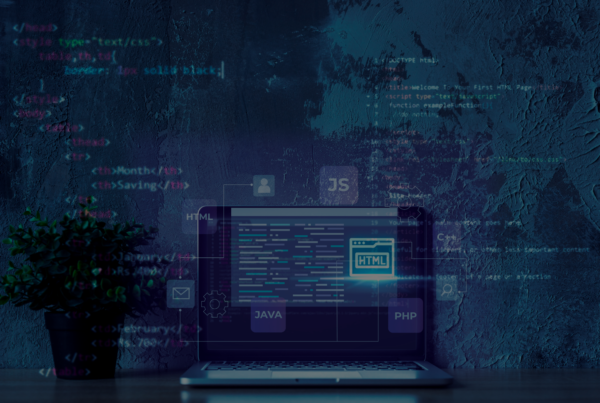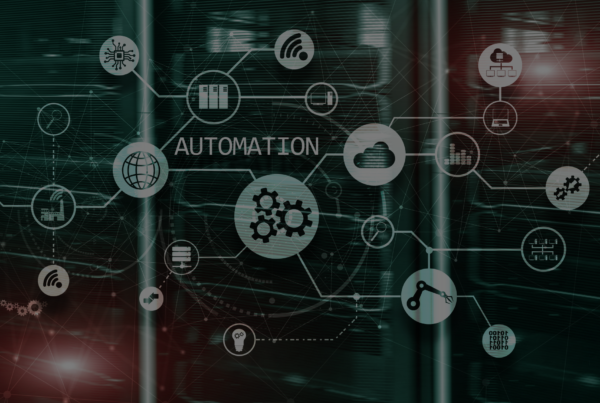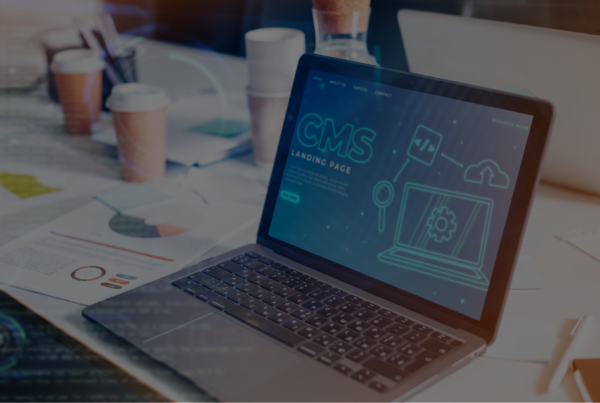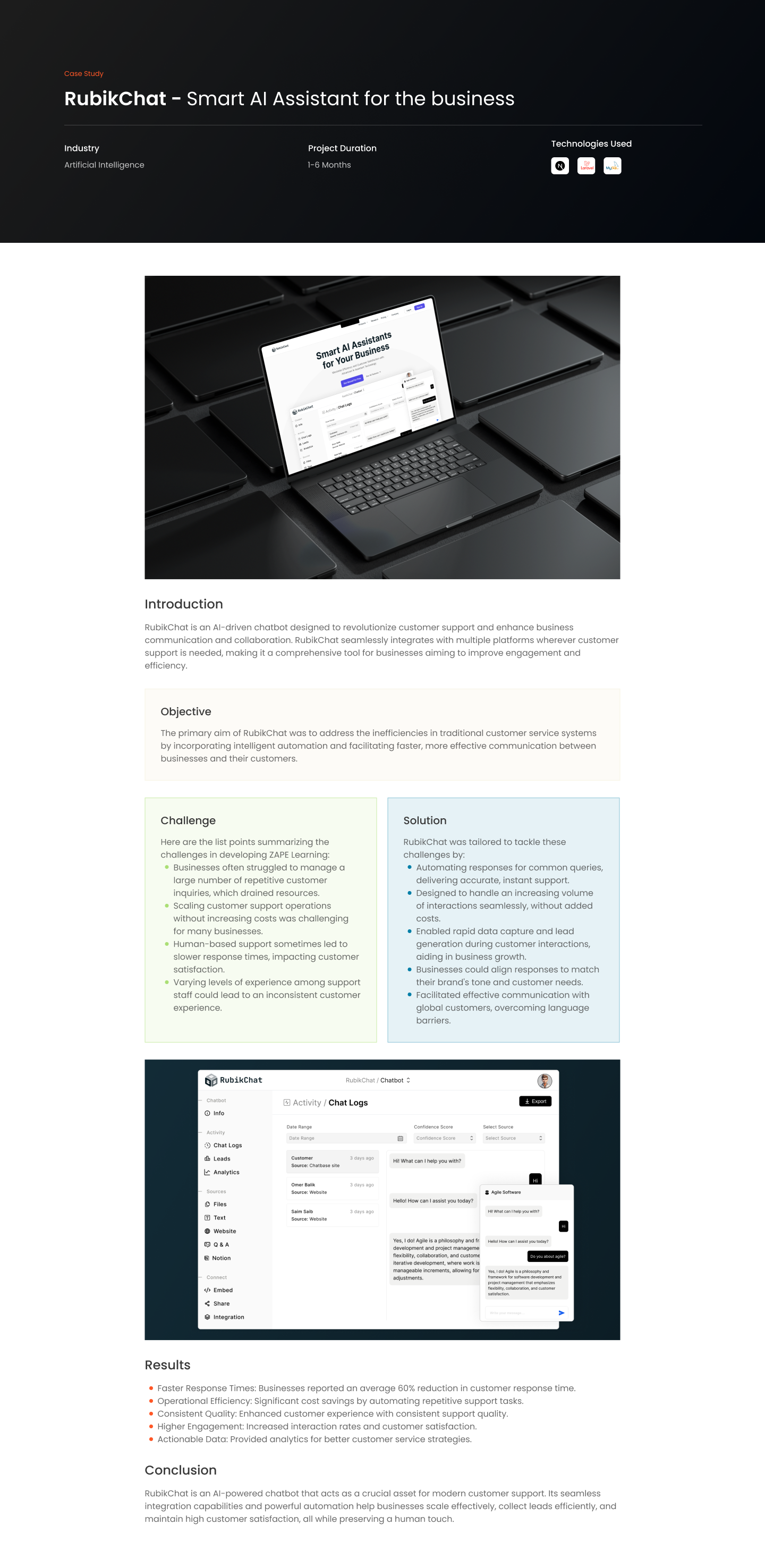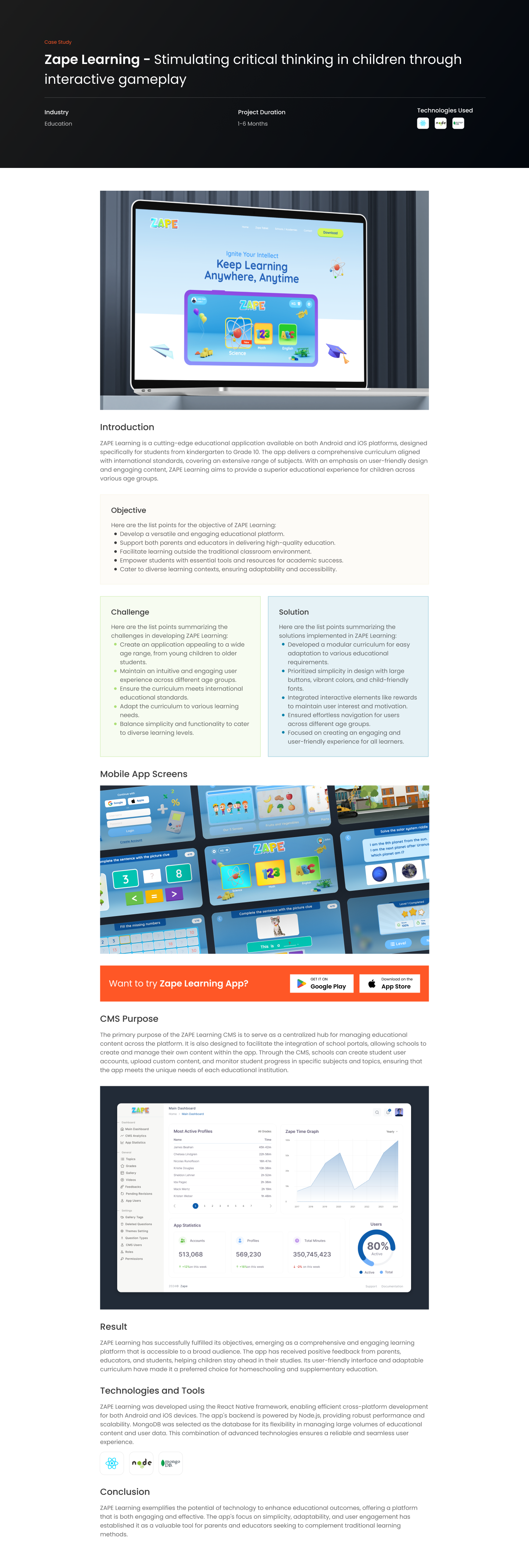Introduction to Artificial Intelligence (AI)
Artificial Intelligence (AI) is a field focused on developing computer systems that can perform tasks requiring human intelligence. It encompasses subfields such as machine learning, natural language processing, and computer vision. AI has already transformed various industries, enabling accurate medical diagnoses, enhancing financial predictions, and creating personalized user experiences.
AI in Web Devlopment
Artificial Intelligence (AI) is already having a significant impact on web development, and its influence is expected to continue growing. Here are some ways in which AI is affecting web development:
1. Chatbots and Virtual Assistants: AI-powered chatbots and virtual assistants are becoming increasingly popular on websites. They can provide automated customer support, answer queries, assist with product recommendations, and even process transactions. These AI-driven conversational interfaces enhance user experience and streamline interactions with website visitors.
2. Personalization and User Experience: AI algorithms can analyze user behavior, preferences, and historical data to deliver personalized experiences on websites. By collecting and analyzing data, AI can customize content, recommend relevant products, and personalize user interfaces to optimize user engagement and satisfaction.
3. Content Generation and Optimization: AI technology, such as natural language processing and machine learning, can assist in content generation and optimization. AI algorithms can analyze content, suggest improvements, identify keywords, generate meta descriptions, and automate content creation processes.
4. Data Analysis and Insights: AI algorithms can process and analyze large volumes of data to extract valuable insights. Web developers can leverage AI-powered analytics tools to gain deeper understanding of user behavior, website performance, conversion rates, and other important metrics. These insights can help optimize websites, improve user experiences, and drive better business outcomes.
5. Automated Testing and Bug Detection: AI can automate testing processes by analyzing code and identifying potential bugs, vulnerabilities, or performance issues. AI-powered testing tools can help developers identify and fix issues more efficiently, saving time and effort in the development cycle.
6. Design Assistance: AI can assist web developers in the design process by offering design suggestions, generating layout options, and automating repetitive design tasks. AI-powered design tools can provide recommendations for color schemes, typography, and layout arrangements based on user preferences and design trends.
7. Security and Fraud Prevention: AI algorithms can analyze patterns, detect anomalies, and identify potential security threats on websites. AI-powered security systems can help protect websites from attacks, mitigate fraud risks, and enhance overall web security.
Conclusion
It’s important to note that while AI offers significant opportunities in web development, it also presents challenges and ethical considerations. As AI continues to evolve, web developers need to stay updated with the latest AI technologies, understand their implications, and ensure responsible and ethical use in web development practices.





